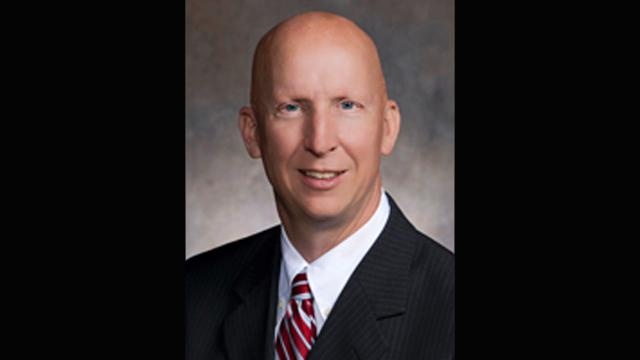March 25, 2020 – Washington Co., WI – As you likely know, Governor Evers issued a new order restricting movement and commerce in an attempt to limit the spread of COVID-19. I have been critical of the order. However, this email is solely an attempt to explain the new order as best as we are able.

Click HERE to read Governor Evers’ new ‘Safer at Home’ order. It takes effect Wednesday morning, March 25, at 8 a.m. and lasts 30 days until Friday, April 24 unless rescinded or altered by the Governor. It is 16 pages long and contains many specific language regarding activities and occupations exempted from the provisions. I encourage you to read the document. My office is open to answer questions as best we can.
What will NOT change?
Most restrictions that were in place from last week are retained. If you work in one of the businesses previously closed, you are likely still closed.
You are still allowed outside for health and recreation provided you maintain social distancing.
You can still leave your home to purchase essential goods and to travel to work at essential businesses.
Local law enforcement is still empowered to enforce all provisions of the order with up to 30 days of imprisonment.
Schools will remain closed to everything but virtual learning.
Six feet of social distancing in all settings outside your home continues to be observed whenever possible.
What does change?
People are ordered to remain in their domicile except for essential business and life needs as outlined in the order.
The 10 person rule on social gatherings is gone and replaced with no social gatherings inside or outside the home other than provided for by an exemption.
Travelling is restricted to purposes authorized in the order.
Guidance is provided that religious worship and services are allowed as gatherings with limitations.
A new batch of businesses are declared essential.
Do I work in an essential business?
It appears all businesses covered in last week’s exemptions remain.
Generally, the following fields are all deemed essential: healthcare, human/social services, infrastructure, utilities, law enforcement/public protection, grocery stores, pharmacies, hardware stores, household goods stores, food and beverage production/transport, agriculture, restaurants and bars with restrictions, child care, non-profit charitable services organizations, religious facilities, building trades, supply chain, transportation, manufacturing and hotels with restrictions.
The list of exempted industries and occupations is too long for me to list here. The above categories and others are broken out in greater detail as well. Please check the order first for specific questions.
This order is subject to change by the governor. He has emergency powers under his declaration until May 11. My office remains open to provide any answers and guidance we can.
Stay well,
Duey Stroebel










